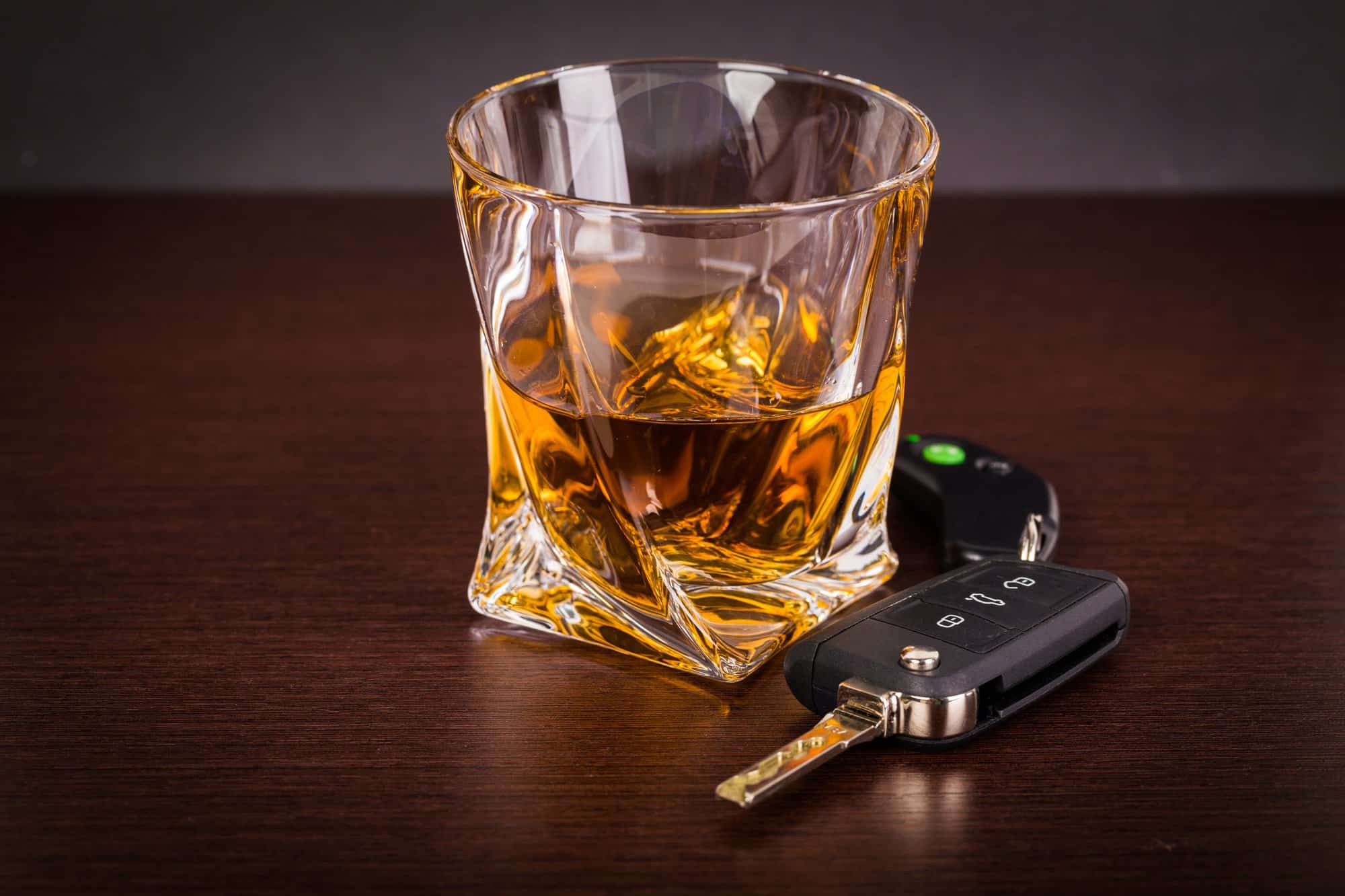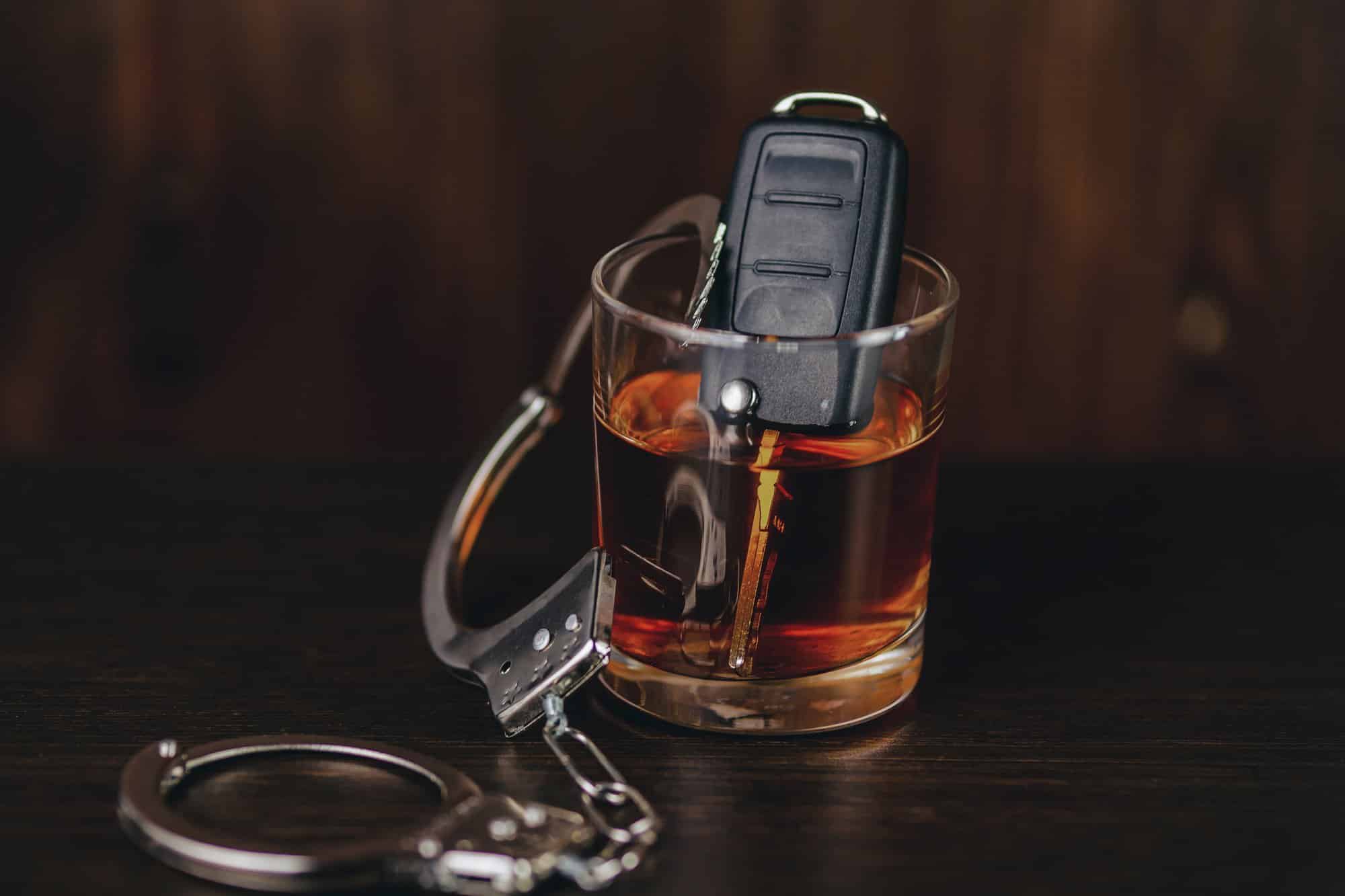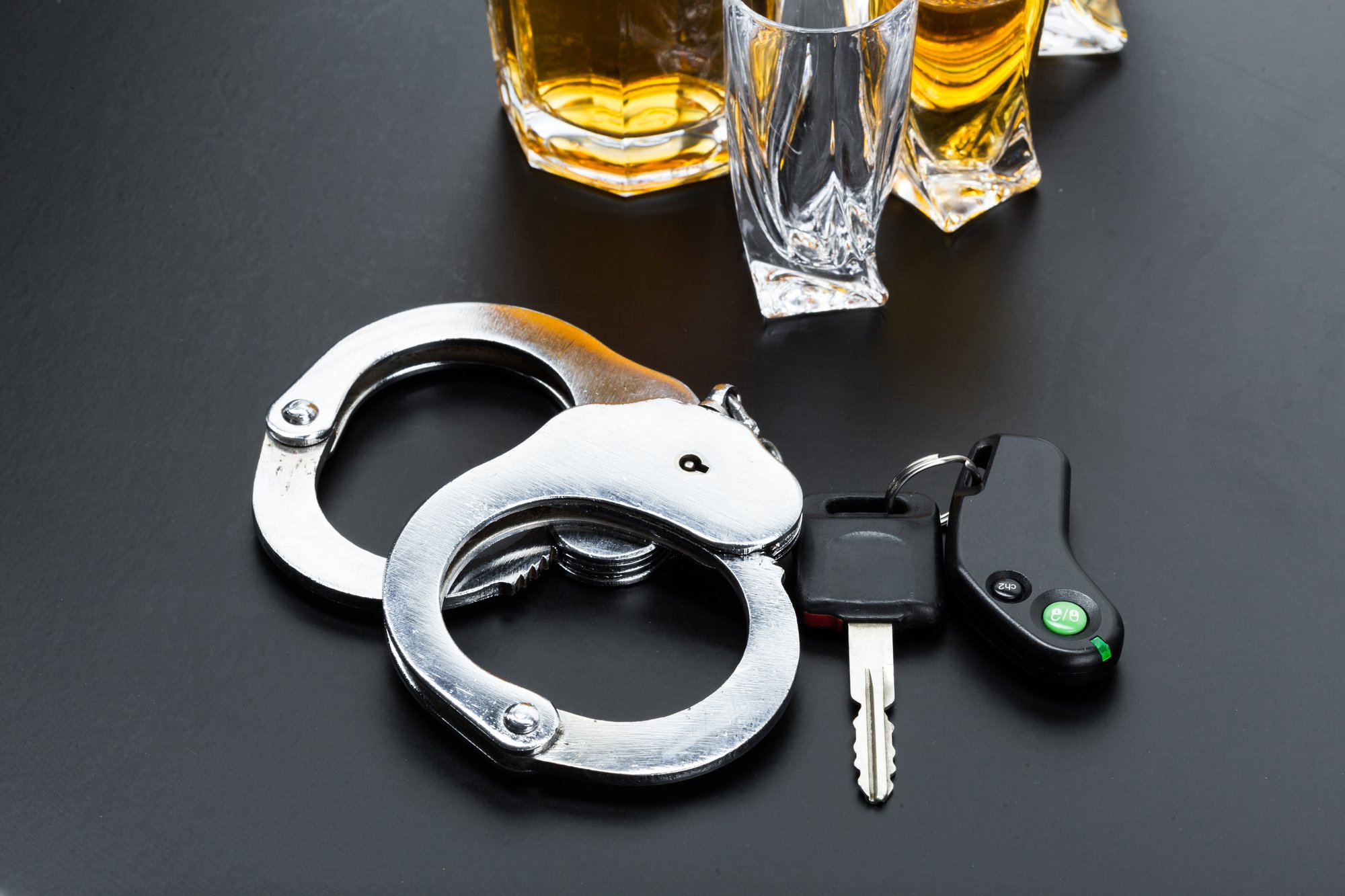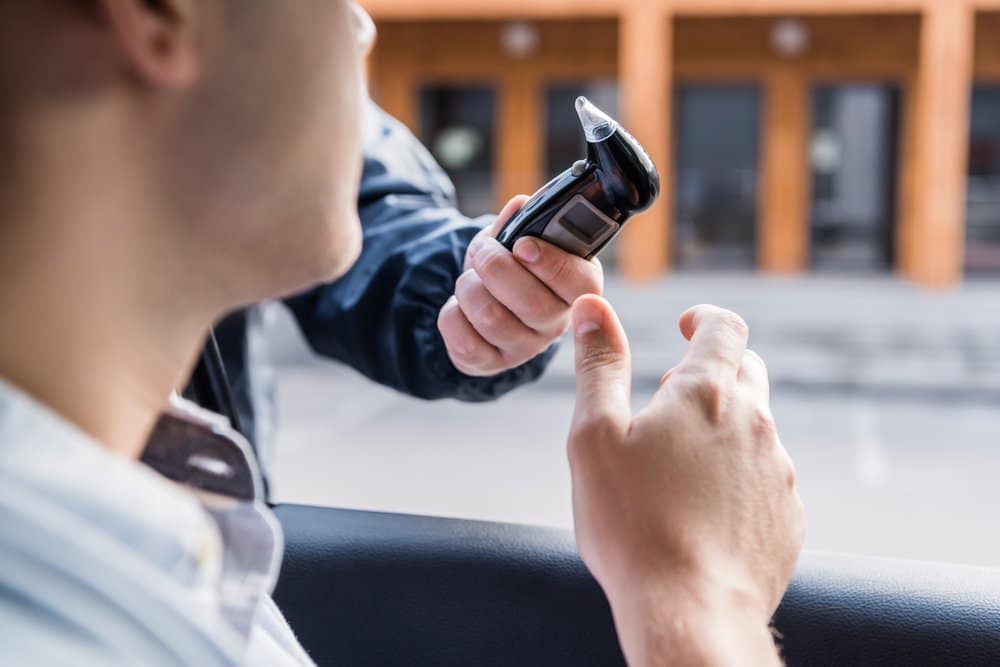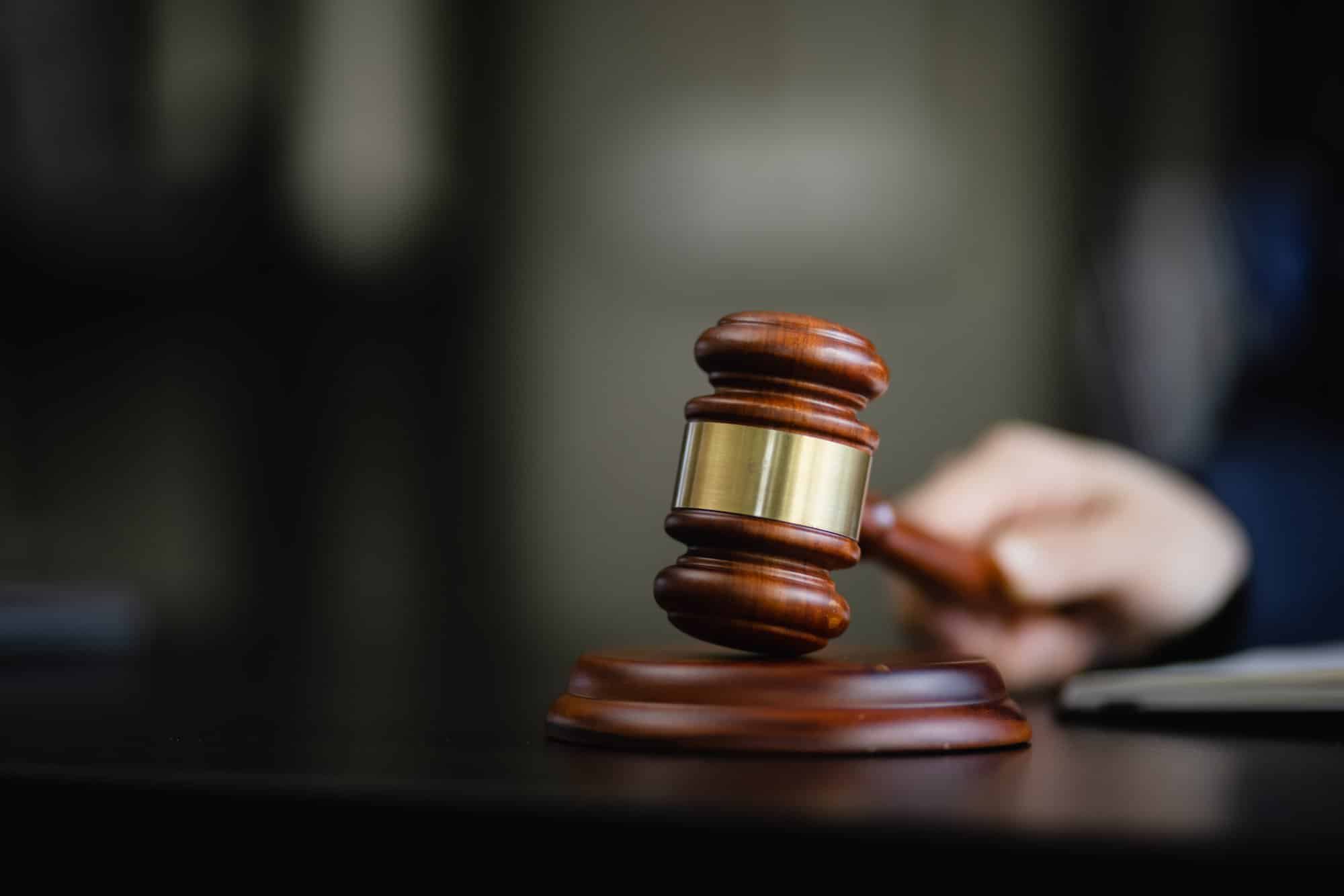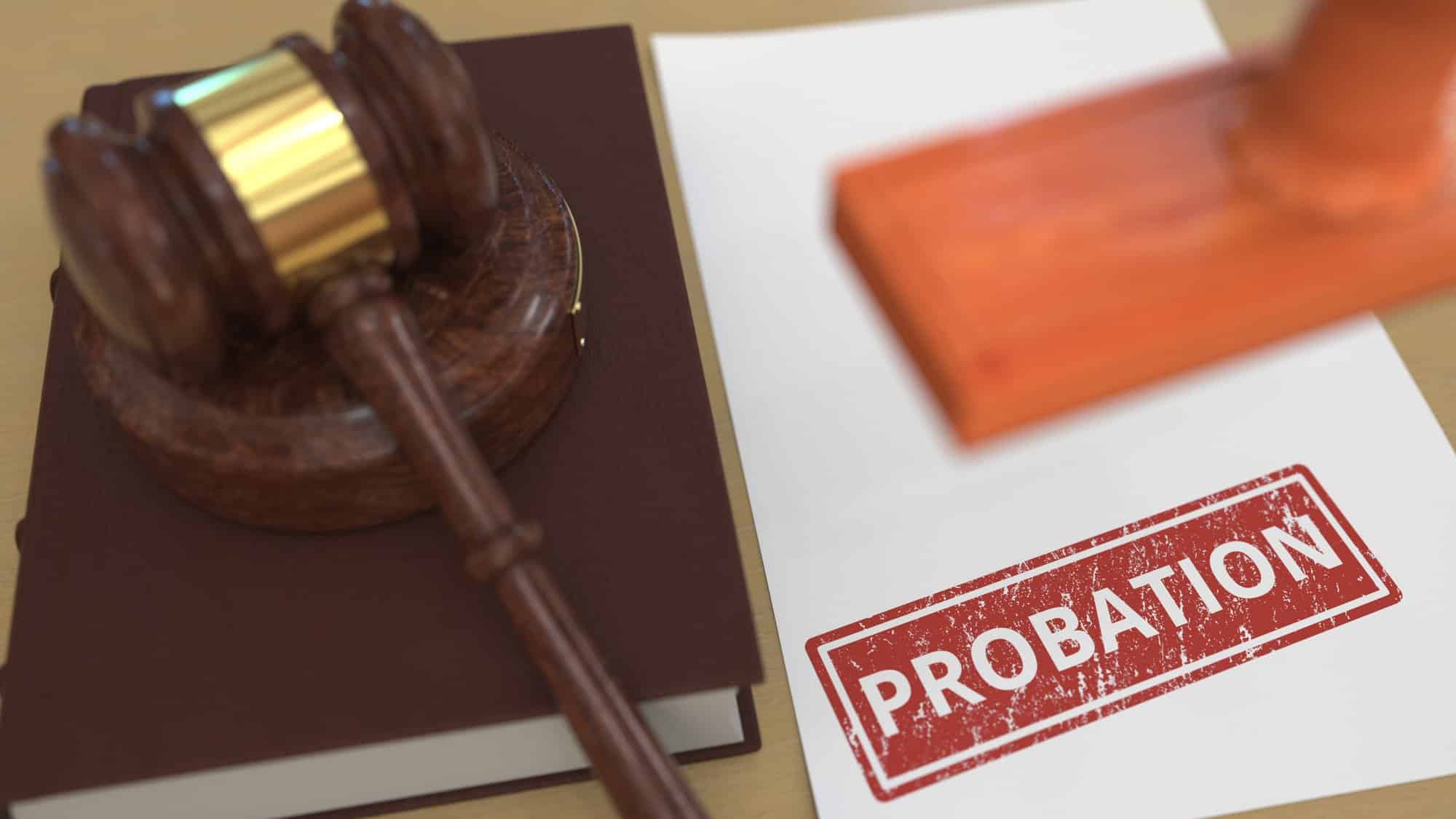A breathalyzer is a tool regularly used by law enforcement in New York DWI cases to determine whether a driver’s blood alcohol concentration (BAC) exceeds the legal limit. However, there are certain protocols that must be followed and legal requirements that must be met to ensure that the results are admissible as evidence in court. If a breath test is rendered inadmissible, the results cannot be used — and the prosecution’s case against you could be significantly weakened.
The following are five common reasons a breath test might be deemed inadmissible in court in a DWI case:
1. Improper Calibration and Maintenance of the Breathalyzer
Breathalyzers must be maintained and calibrated on a regular basis to ensure they are functioning correctly. If they are not properly calibrated, the accuracy of the test may be compromised — and the evidence may not be reliable. A good criminal defense attorney will request the calibration records from law enforcement and review them to determine whether the device was calibrated within the applicable time frame. If it was not, they can file a motion to suppress the evidence and challenge the results.
2. Law Enforcement’s Lack of Training to Administer the Breath Test
If the police officer who made the DWI arrest failed to administer the breath test properly — or lacked the proper training to do so — the results may be suppressed. Significantly, law enforcement must follow very strict protocols when administering a breath test. If there was any human error involved in the administration of the breath test, its admissibility in court can be challenged.
3. Lack of Probable Cause for the Traffic Stop
In the event law enforcement did not have probable cause to make the initial traffic stop, any evidence obtained during the stop — including the breath test — may be ruled inadmissible in court. In other words, if police had no probable cause to believe you were driving under the influence, they would not have had the grounds to legally administer the test. In such cases, the test could not be used against you by the prosecution in court.
4. The Two-Hour Rule Was Not Followed
Under New York law, a chemical test in a DWI case must be administered within two hours of the arrest to be considered valid. The results of any breath test taken outside this window can be challenged as unreliable evidence in court. This rule helps ensure that the results of the test reflect the driver’s BAC at the time they were driving.
5. The Defendant Was Taking Certain Medications
Some common types of medication can interfere with breathalyzer results. For instance, asthma medications, certain over-the-counter cold remedies, oral gels, and mouthwashes can all cause a positive false result. In addition, specific medical conditions, such as GERD and diabetes, can affect breathalyzer results. If it can be established that a medication or medical condition could have affected the outcome of the breath test, a judge may rule that the results are inadmissible.
Contact an Experienced New York Criminal Defense Attorney
If you are facing a DWI, it’s essential to have a skillful criminal defense attorney by your side who can fight the charges against you. D’Emilia Law offers reliable representation and diligent counsel for a wide range of criminal offenses, including DWI matters, and works to achieve the best possible outcome for each client. To schedule a consultation, contact us at 1-888-DEMILIA.


